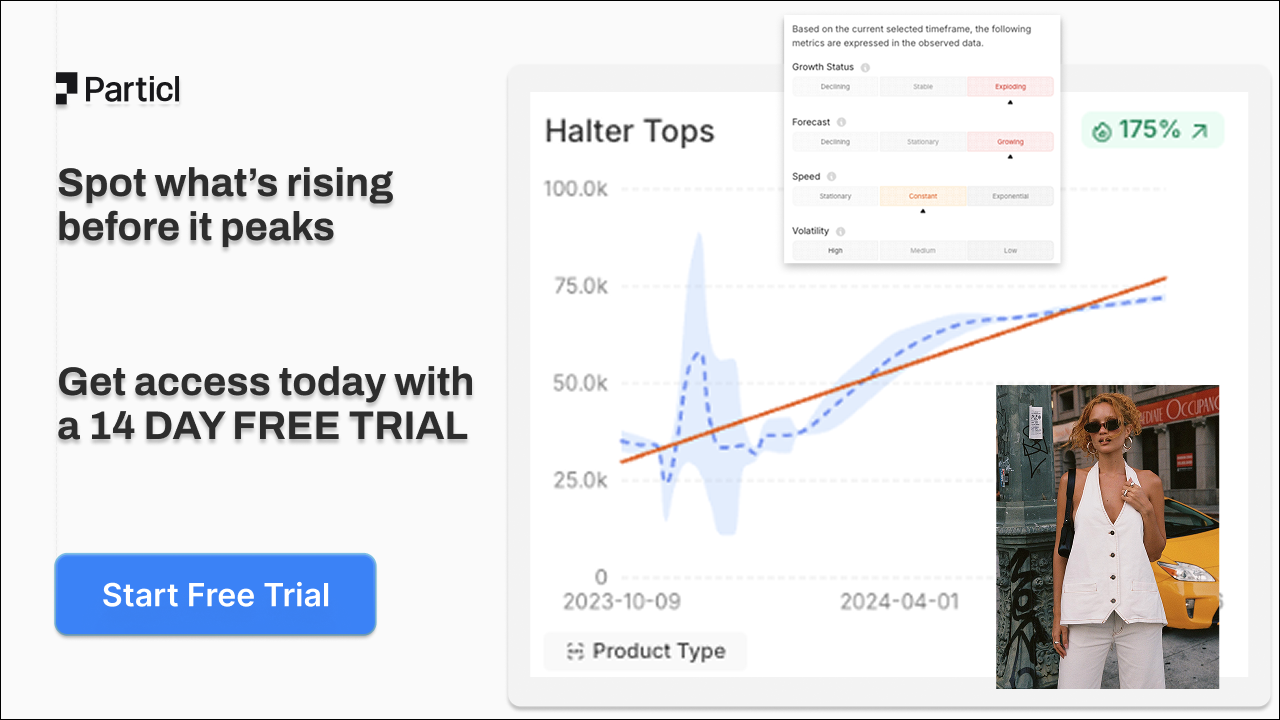Anchors That Stick, Ads That Scale
🧷 Hooks rooted in psyche, not product, build Ads That Stick in Buyer Memory, and more!
Welcome to a space where every edition delivers insights, strategies, and inspiration to fuel your advertising brilliance. 🤯
🧠 Anchors That Stick, Ads That Scale
Most brands test hooks like they’re choosing toppings on a pizza, swap one, test another, wait for CTR. But god-level operators don’t just test angles. They design fixed memory anchors, hooks rooted in the buyer’s self-identity, insecurity, or tribe tension.
These aren’t “flexible benefits” like hydration or glow or softness. They’re stick points: the lines that lodge themselves into a prospect’s mind because they hit on something psychological and irreversible.
🧷 Why Most Hooks Float, Not Stick
Here’s what typical brands do:
- “Reduces acne fast”
- “Safe for sensitive skin”
- “Won’t clog pores”
And those might work, for a first impression. But they’re floating benefits, generic enough to scroll past, forgettable by the time someone hits checkout, and identical to the other 37 ads in the feed.
Now compare:
- “I’m 34 and I still hide from mirrors.”
- “Other girls don’t break out like this. I’ve tried everything.”
- “You’ll stop dreading photos, I promise.”
These aren’t benefits. They’re buyers’ internal narratives, surfaced as anchors.
🔒 Stick Point = Identity + Contrast + Objection
To engineer a high-performance anchor, stack three psychological forces:
- Identity trigger – “For girls who hate foundation”
- Groupthink contrast – “Other brands say ‘flawless’—we say ‘real skin’”
- Hyper-specific objection – “I don’t want to change my whole routine for one product”
Great anchors pull from the buyer’s head, not the product sheet. They make the ad feel seen, not marketed to.
📹 Creator Briefs Should Start with Anchors, Not Ad Angles
Most briefs start with:
“Can you highlight the hyaluronic acid and mention the sale?”
What you should say instead:
“Start by talking about how you feel invisible in group photos, or that nothing’s worked long term. Only then show how the product changes that.”
Insense helps 2000+ brands like Auri, Starface, and Native brief creators on deeper buyer anchors, not just product perks. You can book your free strategy call here.
Why It Matters
The scroll is infinite. Attention isn’t. The only hooks that scale across formats, funnel stages, and time? The ones that stick to the buyer’s psyche, because they were never about the product in the first place.
Together with Particl
See the Wave Before Everyone Else Rides It

Missing a trend isn’t just bad luck; it’s lost revenue. By the time most brands notice what’s rising, competitors are already running ads, filling carts, and capturing market share.
That delay costs more than sales; it leaves your entire growth strategy reactive.
With Particl’s Trends Tool, you:
📈 Spot which product categories are gaining momentum
🏷 Track keywords before they flood paid channels
👗 Identify materials, styles, and aesthetics spiking in popularity
🔍 See which companies are pulling ahead in real time
This isn’t guesswork or social media hype; it’s powered by real consumer data trusted by 10,000+ brands like Skims, Mejuri, and Vuori to anticipate demand before it’s obvious. The question is simple: will you ride the next wave, or miss it watching competitors cash in?
Start your 14-day free trial today!
🎥Reel of the Day

What Works and Insights:
1. Nostalgic Aesthetic as Differentiator - The reel leans hard into a 70s-inspired visual style — grainy filter, oversized sunglasses, rotary phone. This isn’t accidental; it positions Dad Grass as not just a drink but a lifestyle throwback. Nostalgia marketing builds instant affinity by transporting viewers into a mood rather than a modern ad format.
2. Humor and Irony as Brand Voice - The repeated lines, “I’m booked today,” “Booked tomorrow too,” “I’m booked all week,” flip the stress of modern busyness into a comedic bit about doing absolutely nothing. It’s anti-hustle culture distilled into a character. This irony doesn’t just entertain, it establishes Dad Grass as a brand that sells relaxation itself.
3. Character-Driven Storytelling - Instead of faceless product shots, the reel builds a quirky protagonist, eccentric, chilled, and unbothered. Viewers remember characters more than logos, so this becomes a mnemonic device for the brand. It also gives Dad Grass a “cult film” vibe, deepening brand personality.
This reel doesn’t just market a beverage; it markets a worldview. By leaning on satire, nostalgia, and character, Dad Grass sells the feeling of opting out of hustle culture. For brands, the lesson is that embedding your product into a cultural stance, instead of simply showing it off, creates deeper resonance and memorability.
Thanks for reading this edition! Keep pushing boundaries, testing ideas, and staying inspired. See you in the next edition with more ways to ignite your marketing success. 🥰